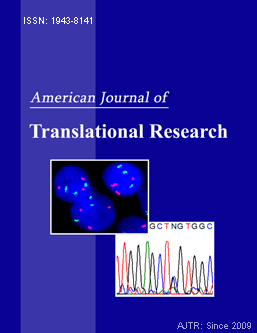
Researchers have lost a 2018 conference abstract on screening for sickle cell disease in Africa over a dispute over authorship and the lack of appropriate disclosures.
The article, “Implementation of a sickle cell disease screening initiative in Uganda with HemoTypeSC(TM),” which was presented at a 2018 conference and then appeared in Blood, described a much-touted new blood test for sickle cell trait from a company in California called Silver Lake Research.
But according to the retraction notice, a noted public health researcher in Uganda said his name had appeared on the abstract without his permission: Continue reading Sickle cell screening abstract retracted for host of reasons, including an ambivalent co-author
 Researchers in China have retracted a 2016 paper in Oncology Letters on the anti-cancer properties of aspirin because, well, it was a disaster from top to bottom.
Researchers in China have retracted a 2016 paper in Oncology Letters on the anti-cancer properties of aspirin because, well, it was a disaster from top to bottom. 






